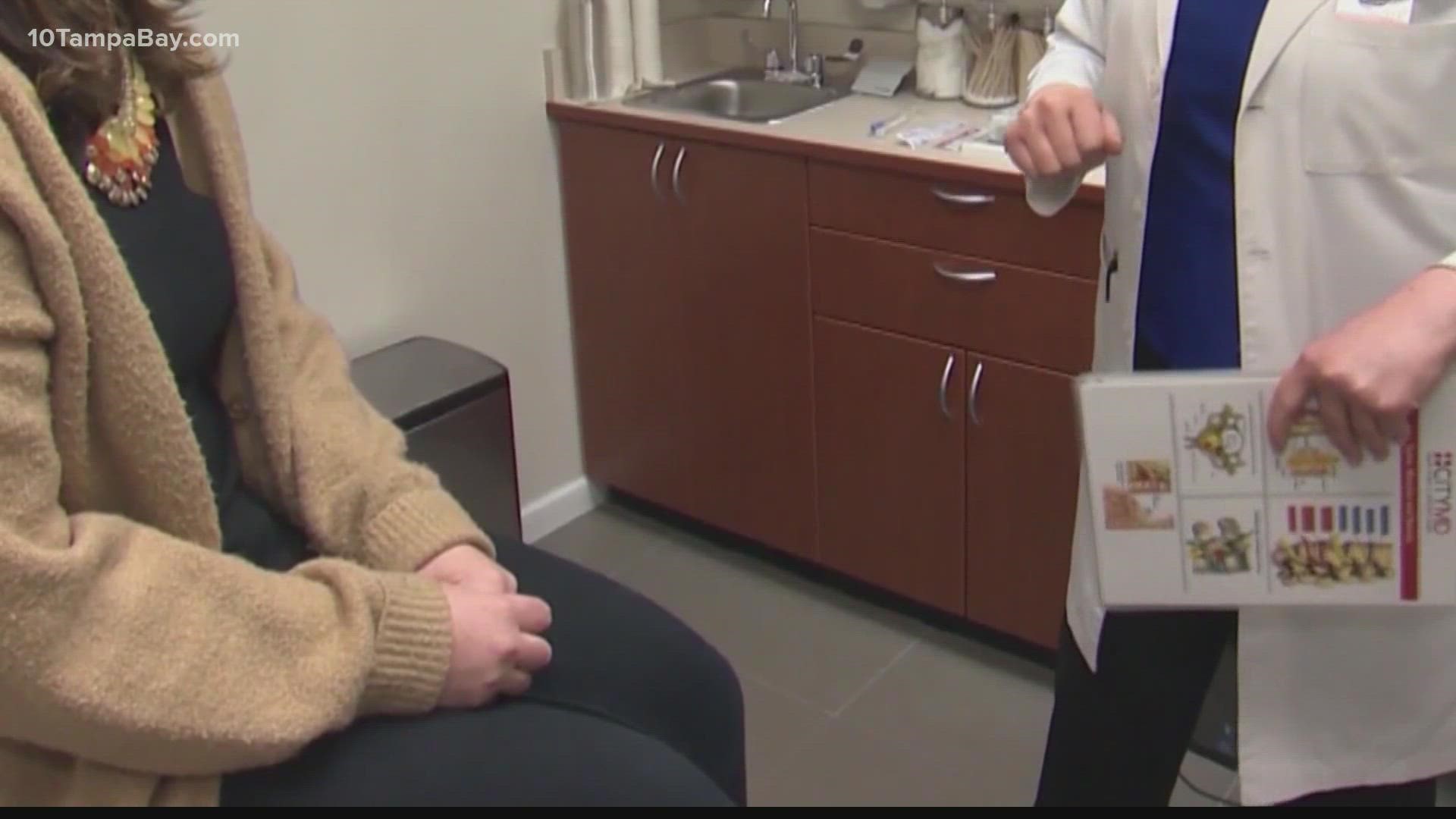If you’ve put off those routine doctor's appointments, whether because of the pandemic or not, it’s time to return to making health a priority.
The American Heart Association has released a list of tips for returning to regular care.
Cardiologist Dr. Farhan Hooda is laying out the top six things to keep in mind and do as you head back to the doctor’s office.
- Leave the shame at home: “These last 18 months were difficult for all of us. It disrupted most of our daily routine, I don’t want people to be embarrassed about that, the doctors don’t want you to be embarrassed. We want to do what’s best for you. So, if you’re not honest with us, then it’s hard for us to help you.”
- Track your body metrics: “It’s as simple as keeping track of your weight, checking your blood pressure, heart rate, blood sugars if you have diabetes.”
- Bring a list of questions: “I have patients all the time tell me ‘doc, I know there was something I wanted to ask you but I just don’t remember.’” “Make a list, bring it into your office visit.”
- Make an action plan with your doctor: “Every patient’s different and every plan isn’t going to work for every patient, so it really does need to be tailored individually.”
- Set realistic goals: “Any kind of changes we want to make, we want to do overnight but that’s just not how it works, unfortunately. If you make small, little changes, over time it really does make a difference.”
- Pay close attention to any symptom changes: “If you have any symptoms, your doctor wants to know about it. I’ve had patients who’ve had chest pain and they’ve said ‘doc, I was just too scared to come into the office or to the hospital,’ so they kind of ignored it and let it go.”
Dr. Hooda says early detection and prevention steps are the keys to your health.
You can keep track of your health metrics at home to stay on top of changing numbers, so you can have educated talks with your doctors.
“It’s as simple as keeping track of your weight, checking your blood pressure, heart rate, blood sugars if you have diabetes,” explains Dr. Hooda.
He says to keep a regular log of numbers and dates, so you can reference them.
“For the blood pressure, most pharmacies have over-the-counter blood pressure monitors and there are several different companies but all of them work pretty well and they’ll give you your blood pressure reading as well as heart rate.”

